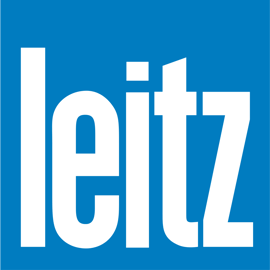Transforming translation for global reach and cost-efficiency
Schmalz aimed to streamline and improve its translation processes, which had previously been time-intensive and costly due to reliance on external agencies. With the new Schmalz Translation Service (STS), translations are faster, more affordable, and of higher quality. The process, developed by Schmalz’s DevOps specialist Sebastian Böhringer, leverages a REST interface for seamless communication between the PIM, CMS, and other data sources, with STS operating as a web service via Java Spring Boot and a Vue framework interface.
Now, STS users can choose how to handle each translation request, whether through DeepL, an agency, or in-house reviewers fluent in the target language. Glossary databases populated in DeepL ensure specialized terminology is accurately translated. Once DeepL completes the translation, local colleagues review and approve it within a week, ensuring every piece of content meets Schmalz’s standards before returning to the PIM system. This efficient setup reduces dependency on external providers and keeps translation costs down while increasing accuracy and speed.
In addition to these initial objectives, there were two other quantified objectives: the implementation of the PIM solution should make it possible to increase the average value of orders and reduce product returns.
Lacoste evaluated five PIM solutions, and at the end of 2016, they selected Contentserv. Contentserv allows data to be quickly onboarded and adjusted via user-friendly, intuitive interfaces, and for information to be distributed across all sales media. A pioneer in the PIM industry and a leader for 20 years with an international customer portfolio, Contentserv has extensive experience in product information management.






